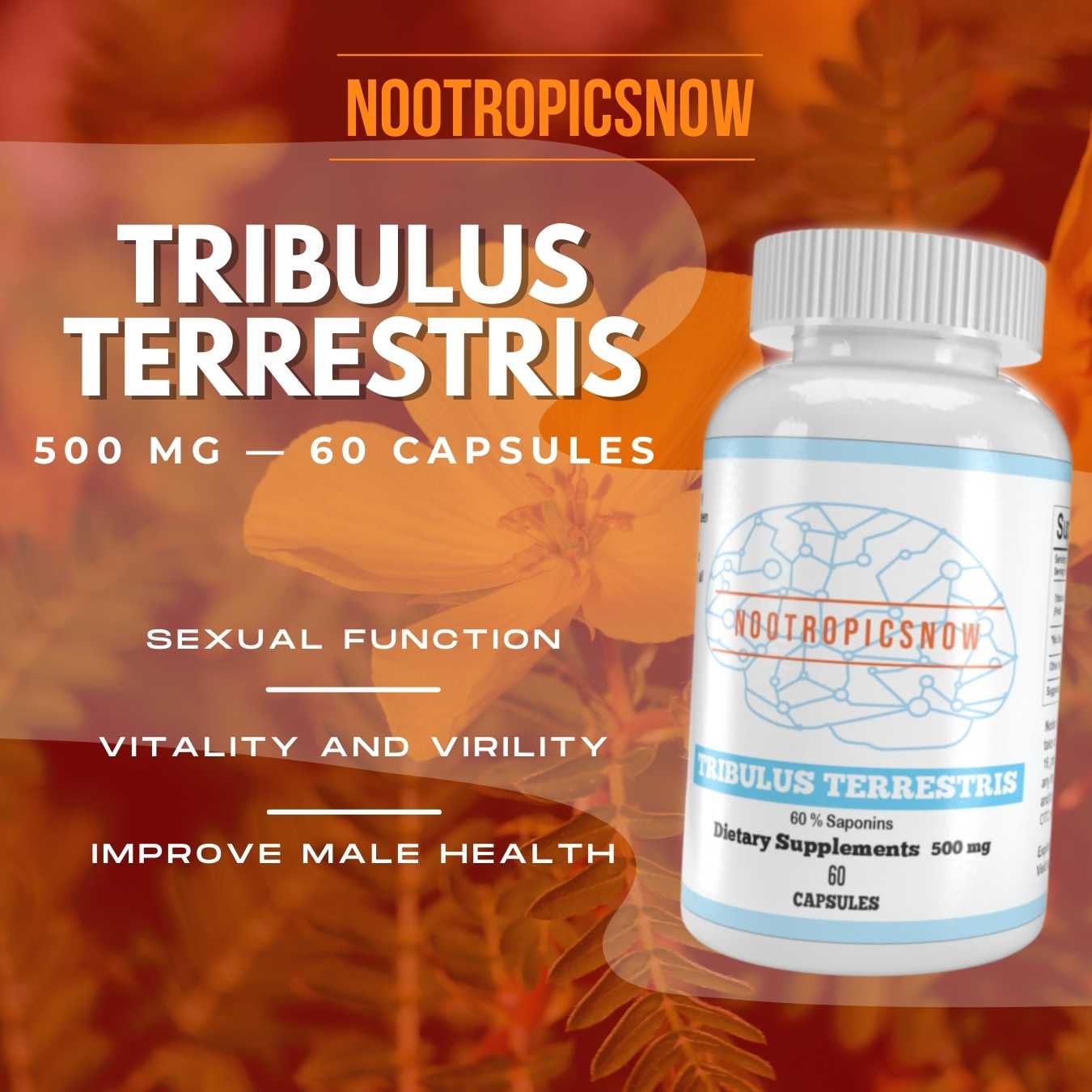Examine Tongkat Ali: Benefits & Side Effects

`markdown
Examine Tongkat Ali: Unveiling the Benefits and Uses
Tongkat Ali, scientifically known as Eurycoma longifolia, is a medicinal plant native to Southeast Asia, specifically countries like Malaysia, Indonesia, and Thailand. For centuries, the roots of Tongkat Ali have been utilized in traditional medicine for their purported aphrodisiac, anti-malarial, and anti-diabetic properties. This section will delve into the current body of research surrounding Tongkat Ali, exploring its potential benefits, mechanisms of action, safety profile, and considerations for use.
Traditional Uses of Tongkat Ali
Historically, Tongkat Ali has been a cornerstone of traditional medicine across Southeast Asia. Therefore, various cultures employ it for a wide array of ailments. The plant’s roots and bark are typically boiled in water. Subsequently, the resulting decoction is consumed as a tonic. This traditional use includes:
However, it’s crucial to note that many traditional uses lack rigorous scientific validation.
Bioactive Compounds and Mechanisms of Action
The purported benefits of Tongkat Ali are attributed to its rich composition of bioactive compounds. These compounds are believed to interact with the body’s physiological processes in various ways. Key compounds include:
The precise mechanisms by which Tongkat Ali exerts its effects are still under investigation. But current research suggests several possible pathways:
Benefits of Tongkat Ali
Scientific research into Tongkat Ali is ongoing. Consequently, many studies indicate potential benefits, especially in the areas of male health, stress reduction, and physical performance. The strength of the evidence varies.
Testosterone and Male Sexual Health
The most well-researched benefit of Tongkat Ali is its potential to enhance testosterone levels. Several studies have investigated its effects on testosterone and male sexual health. A 2010 study published in the Asian Journal of Andrology found that Tongkat Ali extract significantly improved sexual performance and increased testosterone levels in men with late-onset hypogonadism (low testosterone). Furthermore, the improvements were statistically significant compared to the placebo group.
Another study published in the Journal of the International Society of Sports Nutrition in 2013 explored the effects of Tongkat Ali supplementation on stress hormones and mood state in moderately stressed subjects. The study found that daily supplementation with Tongkat Ali root extract (200 mg/day) improved stress hormone profiles (lower cortisol; higher testosterone) and certain mood state parameters (lower tension, anger, and confusion). Also, this suggests that Tongkat Ali could have a positive impact on psychological well-being.
Muscle Strength and Physical Performance
Some studies suggest that Tongkat Ali can improve muscle strength and physical performance. Its supposed potential is for athletes and those looking to improve their fitness. A 2002 study published in the British Journal of Sports Medicine investigated the effects of Tongkat Ali on body composition and strength in men. The results indicated that Tongkat Ali supplementation led to significant increases in lean body mass and muscle strength compared to the placebo group.
A more recent study examined the effect of Tongkat Ali supplementation on endurance exercise and muscle damage in recreational athletes. The findings show promise in terms of exercise performance and recovery, although further research is warranted to confirm these effects.
Stress and Mood
Research indicates that Tongkat Ali may have adaptogenic properties. Adaptogens are substances that help the body adapt to stress. Therefore, Tongkat Ali could contribute to stress reduction and improved mood. As mentioned earlier, the 2013 study in the Journal of the International Society of Sports Nutrition found that Tongkat Ali supplementation improved stress hormone profiles and reduced negative mood states in moderately stressed subjects.
Fertility
Some research suggests that Tongkat Ali may improve male fertility. A study published in Evidence-Based Complementary and Alternative Medicine found that Tongkat Ali supplementation improved semen quality in men with idiopathic infertility. The study reported improvements in sperm concentration, motility, and morphology.
Dosage and Administration
Optimal dosages for Tongkat Ali supplementation can vary depending on individual factors and the specific product being used. However, most studies have used dosages ranging from 200 to 400 mg of Tongkat Ali extract per day. It’s crucial to follow the dosage recommendations provided on the product label or consult with a healthcare professional to determine the appropriate dosage for your specific needs.
Safety Considerations and Potential Side Effects
While Tongkat Ali is generally considered safe for most individuals, it’s essential to be aware of potential side effects and safety considerations.
Choosing a Tongkat Ali Supplement
Due to varying standards in supplement production, selecting a high-quality Tongkat Ali supplement requires careful consideration. As well as looking for reputable brands, other factors to consider include:
Tongkat Ali and Athletic Performance 2024
In the realm of athletic performance, Tongkat Ali continues to garner attention. The Journal of Strength and Conditioning Research published a study in 2023 assessing its effects on strength and power output. The results suggested potential benefits in these areas. However, researchers called for more comprehensive studies with larger sample sizes. Given these findings, those interested in improving their physical fitness should continue to explore its potential, especially in conjunction with advice from fitness experts.
Conclusion
Tongkat Ali is a fascinating medicinal plant with a long history of traditional use. Modern research suggests that it may offer several potential benefits, including enhanced testosterone levels, improved muscle strength and physical performance, reduced stress and improved mood, and enhanced male fertility. However, it is crucial to approach Tongkat Ali supplementation with caution. The supplement can potentially affect hormones. Therefore, it should be discussed with a medical professional before being added to a routine. Consult with a healthcare professional to determine if Tongkat Ali is right for you and to ensure its safe and effective use. Always prioritize product quality and choose reputable brands that have been third-party tested.
`
Exploring Tongkat Ali: Benefits, Uses, and Scientific Evidence

Tongkat Ali, scientifically known as Eurycoma longifolia, is a traditional medicinal herb indigenous to Southeast Asia, particularly Malaysia, Indonesia, Thailand, and Vietnam. For centuries, local communities have utilized this plant for its purported health benefits. In recent years, Tongkat Ali has gained international recognition, largely due to studies suggesting its potential to enhance testosterone levels and improve male fertility. However, its uses extend far beyond these areas.

View Product
This section provides an extensive examination of Tongkat Ali, encompassing its historical usage, chemical composition, purported benefits, potential side effects, and the latest scientific evidence.
Historical and Traditional Uses
Traditionally, different parts of the Eurycoma longifolia plant were used for various ailments. The root, the most commonly utilized part, served as a general health tonic, energy booster, and fever reducer. Malaysian traditional healers (“bomohs”) prescribed it for treating fevers, infections, and erectile dysfunction. In Indonesia, Tongkat Ali was similarly valued for its aphrodisiac and anti-malarial properties. Furthermore, it has a history of usage as a post-partum tonic to help women recover after childbirth.
The name “Tongkat Ali” translates to “Ali’s walking stick,” a colloquial metaphor alluding to its potential to improve virility and vigor. This association underscores its enduring popularity as a natural remedy for sexual health issues across generations. Its diverse traditional applications highlight its role as a multipurpose herbal medicine within Southeast Asian cultures. Beyond direct human consumption, extracts were also employed in veterinary practices to enhance the vitality of livestock.
Chemical Composition and Active Compounds
The therapeutic properties of Tongkat Ali are attributed to its complex chemical composition. Numerous bioactive compounds have been identified, including:
The synergistic interaction between these compounds likely contributes to the diverse effects observed with Tongkat Ali supplementation. Understanding its complex chemical makeup provides valuable insights into its potential mechanisms of action. It’s also worth noting that the concentration and profile of these compounds can vary considerably depending on the source of the plant, the extraction method employed, and the overall quality control measures in place.
Benefits of Tongkat Ali
Tongkat Ali has been linked to numerous potential benefits, which have fueled its increasing popularity.
Testosterone Enhancement
Perhaps the most well-known purported benefit of Tongkat Ali is its ability to increase testosterone levels. Several studies have suggested that it can be effective in raising testosterone, particularly in individuals with low testosterone or age-related declines in hormone levels.

View Product
One mechanism proposed for this effect is the inhibition of aromatase, an enzyme that converts testosterone into estradiol (a type of estrogen). By reducing aromatase activity, Tongkat Ali may help to maintain higher levels of testosterone. Another proposed mechanism involves stimulating the release of luteinizing hormone (LH), which in turn stimulates the testes to produce more testosterone.
Male Fertility
Due to its potential to boost testosterone, Tongkat Ali is frequently used to improve male fertility. Studies have shown that it can enhance sperm quality, including sperm count, motility, and morphology. A 2010 study published in the Asian Journal of Andrology found that Tongkat Ali significantly improved semen parameters in men with idiopathic infertility.
The enhanced testosterone levels and the antioxidant effects of the herb may both contribute to improved sperm health. Reducing oxidative stress can protect sperm cells from damage, thereby increasing their chances of successfully fertilizing an egg.
Muscle Strength and Performance
Tongkat Ali may also contribute to increased muscle strength and athletic performance. By boosting testosterone levels, it can promote muscle growth and enhance physical endurance. Some studies have indicated that it can improve lean body mass and reduce body fat.
The purported effects on muscle strength are potentially attributable to the increased protein synthesis brought about by heightened testosterone, along with the increased energy levels experienced by some users. This makes it a popular supplement among athletes and bodybuilders seeking to improve their performance.
Stress Reduction
Research suggests that Tongkat Ali may help reduce stress and improve mood. Studies have shown that it can lower levels of cortisol, a stress hormone, while simultaneously increasing testosterone levels. This combination of effects may contribute to a sense of well-being and reduced anxiety.
The adaptogenic properties of Tongkat Ali help the body adapt to various stressors, both physical and mental. By modulating the stress response, it can help to improve overall resilience and mental health.
Anti-malarial Properties
Traditionally, Tongkat Ali was used to treat malaria, and modern research has validated its anti-malarial properties. Quassinoids found in Tongkat Ali have been shown to inhibit the growth of malaria parasites.
Although it is not a first-line treatment for malaria, Tongkat Ali may offer complementary support in managing the infection. Its traditional use as an anti-malarial agent underscores its potential role in combating infectious diseases.
Bone Health
Some studies suggest that Tongkat Ali may contribute to improved bone health. By increasing testosterone levels, it can promote bone density and reduce the risk of osteoporosis, particularly in men. The benefits of improved bone mineral density are enhanced support for muscular activity.
Maintaining strong bones is crucial for overall health, and Tongkat Ali may offer a natural way to support bone density and prevent age-related bone loss.
Improved Sleep Quality
Anecdotal evidence and preliminary studies have suggested that Tongkat Ali could improve sleep quality. Its stress-reducing effects may indirectly contribute to better sleep patterns. Additionally, some bioactive compounds in Tongkat Ali may have sedative properties, helping to promote relaxation and improve sleep duration.
While more research is needed in this area, the potential to enhance sleep quality makes Tongkat Ali a promising natural sleep aid for individuals struggling with insomnia or other sleep disorders.
Side Effects and Precautions
While Tongkat Ali is generally considered safe, it is essential to be aware of potential side effects and take appropriate precautions.
Insomnia
Some users have reported experiencing insomnia as a side effect of Tongkat Ali supplementation. This may be due to its stimulating effects, particularly when taken in high doses or close to bedtime.
To mitigate this risk, it is advisable to start with a low dose and avoid taking it in the evening. Monitoring your sleep patterns can help determine if Tongkat Ali is contributing to insomnia.
Anxiety and Irritability
In some individuals, Tongkat Ali may cause anxiety, irritability, or restlessness. These effects may be more pronounced in those who are sensitive to stimulants or have pre-existing anxiety disorders.
Adjusting the dosage or discontinuing use may be necessary if these symptoms become bothersome. Consulting with a healthcare professional can help determine if Tongkat Ali is right for you.
Gastrointestinal Issues
Gastrointestinal side effects, such as stomach upset, nausea, or diarrhea, have been reported by some users. These effects are typically mild and transient but can be uncomfortable.
Taking Tongkat Ali with food may help reduce the risk of gastrointestinal issues. Starting with a low dose and gradually increasing it can also help minimize these effects.
Drug Interactions
Tongkat Ali may interact with certain medications, such as blood thinners, immunosuppressants, and hormone therapies. It is crucial to consult with a healthcare professional before using Tongkat Ali if you are taking any medications.
Allergies
As with any herbal supplement, there is a risk of allergic reactions. Symptoms may include skin rash, itching, swelling, or difficulty breathing. If you experience any of these symptoms, discontinue use and seek medical attention immediately.
Contamination
Because Tongkat Ali supplements are not tightly regulated, there is the potential for contamination with heavy metals or other adulterants. Choosing products from reputable brands that undergo third-party testing can help minimize this risk.
Long-term Effects
The long-term effects of Tongkat Ali supplementation are not well-studied. While short-term studies have generally shown it to be safe, more research is needed to understand its effects on health over extended periods.
Not Recommended for Certain Groups
Tongkat Ali is generally not recommended for pregnant or breastfeeding women, as its effects on fetal development and infant health are unknown. It is also not typically recommended for children or adolescents.
Individuals with hormone-sensitive conditions, such as prostate cancer or breast cancer, should avoid Tongkat Ali due to its potential to increase testosterone levels.
Dosage and Administration
The optimal dosage of Tongkat Ali can vary depending on individual factors, such as age, weight, health status, and the specific product being used. Most studies have used dosages ranging from 200 to 400 mg per day.
It is generally advisable to start with a low dose and gradually increase it as needed. Following the manufacturer’s instructions and consulting with a healthcare professional can help determine the appropriate dosage for your individual needs.
Tongkat Ali is typically available in capsule, tablet, or powder form. It can be taken with or without food, although taking it with food may help reduce the risk of gastrointestinal side effects.
Many users report experiencing the best results when taking Tongkat Ali consistently over several weeks or months. Cycling the supplement (i.e., taking it for a period of time followed by a break) may help prevent tolerance and maintain its effectiveness.
Scientific Evidence and Research Studies
The purported benefits of Tongkat Ali are supported by a growing body of scientific evidence. However, it is important to note that many of the studies conducted to date have been small and limited in scope. More robust, large-scale trials are needed to confirm its efficacy and fully understand its mechanisms of action.
Testosterone and Hormone Levels
Numerous studies have investigated the effects of Tongkat Ali on testosterone levels and hormone profiles.
Fertility
Several studies have examined the effects of Tongkat Ali on male fertility.
Stress and Mood
Some studies have explored the potential of Tongkat Ali to reduce stress and improve mood.
Physical Performance
A few studies have investigated the effects of Tongkat Ali on physical performance.
Limitations of Current Research
Despite the promising findings of these studies, it is important to acknowledge their limitations. Many of the studies conducted to date have been small and limited in scope. Additionally, there is a lack of standardization in the Tongkat Ali extracts used in different studies, making it difficult to compare results.
More robust, large-scale, well-controlled trials are needed to confirm the efficacy of Tongkat Ali and fully understand its mechanisms of action. Further research is also needed to investigate its long-term effects and potential side effects.
Choosing a Tongkat Ali Supplement
If you are considering taking a Tongkat Ali supplement, it is essential to choose a high-quality product from a reputable brand. Look for products that:
It is also important to consult with a healthcare professional before taking any new supplement, especially if you have any underlying health conditions or are taking any medications.
Future Directions and Research Needs
Despite the existing body of research on Tongkat Ali, further studies are needed to fully understand its potential benefits and risks. Future research should focus on:
By addressing these research needs, we can gain a more comprehensive understanding of Tongkat Ali and its potential to improve human health. This should provide consumers and practitioners with more informed decision-making capacities.


